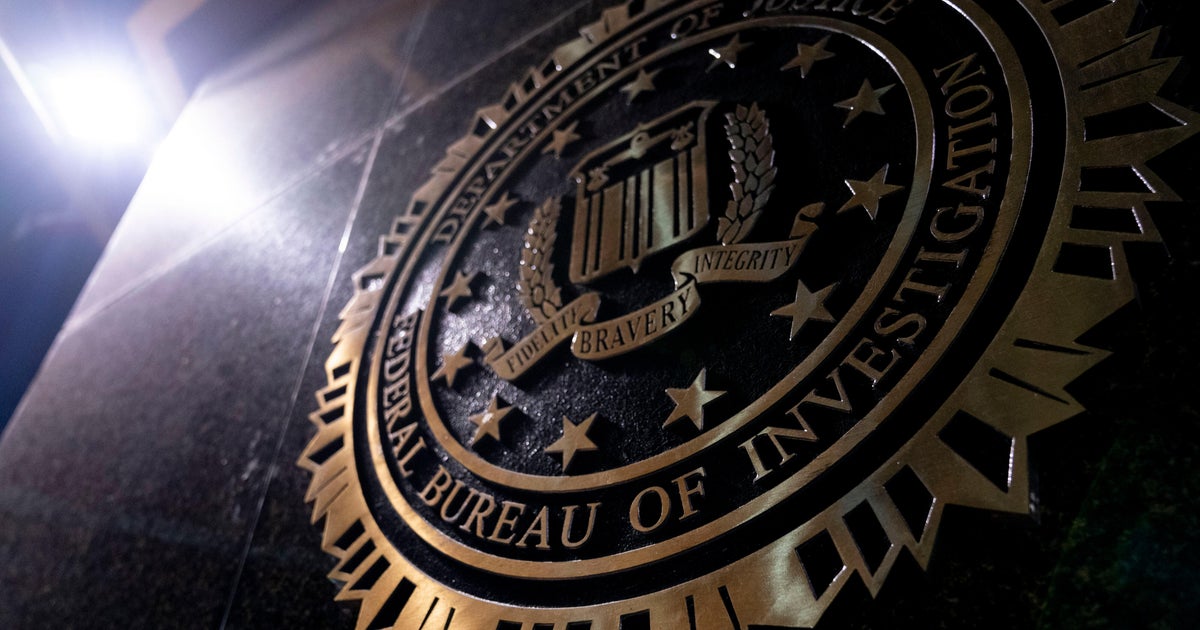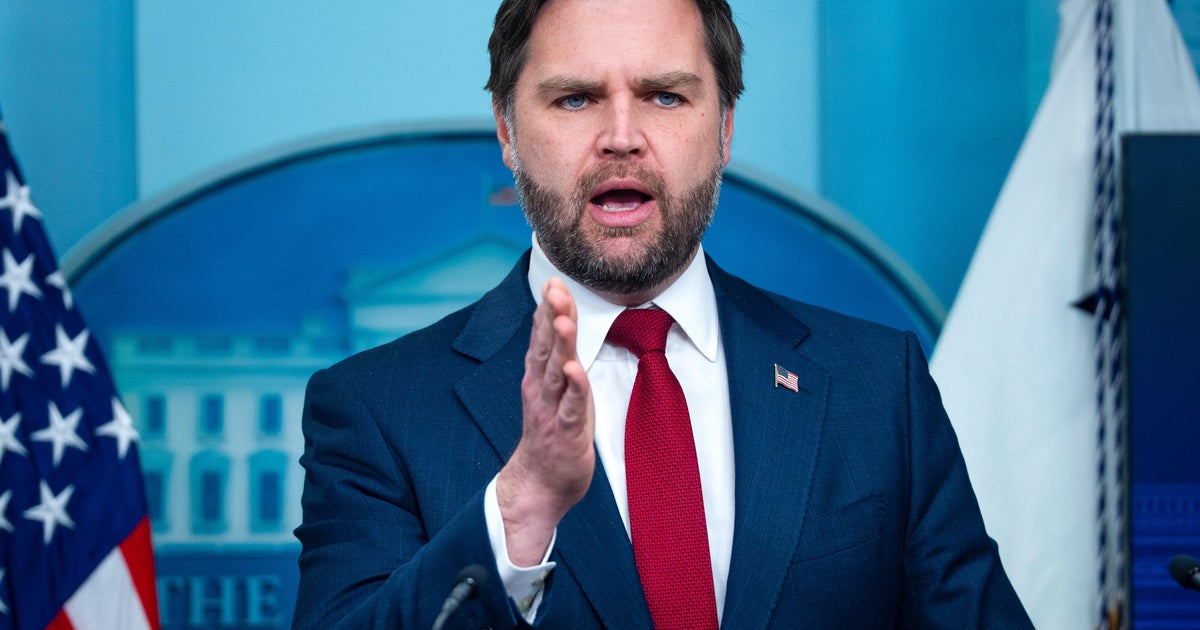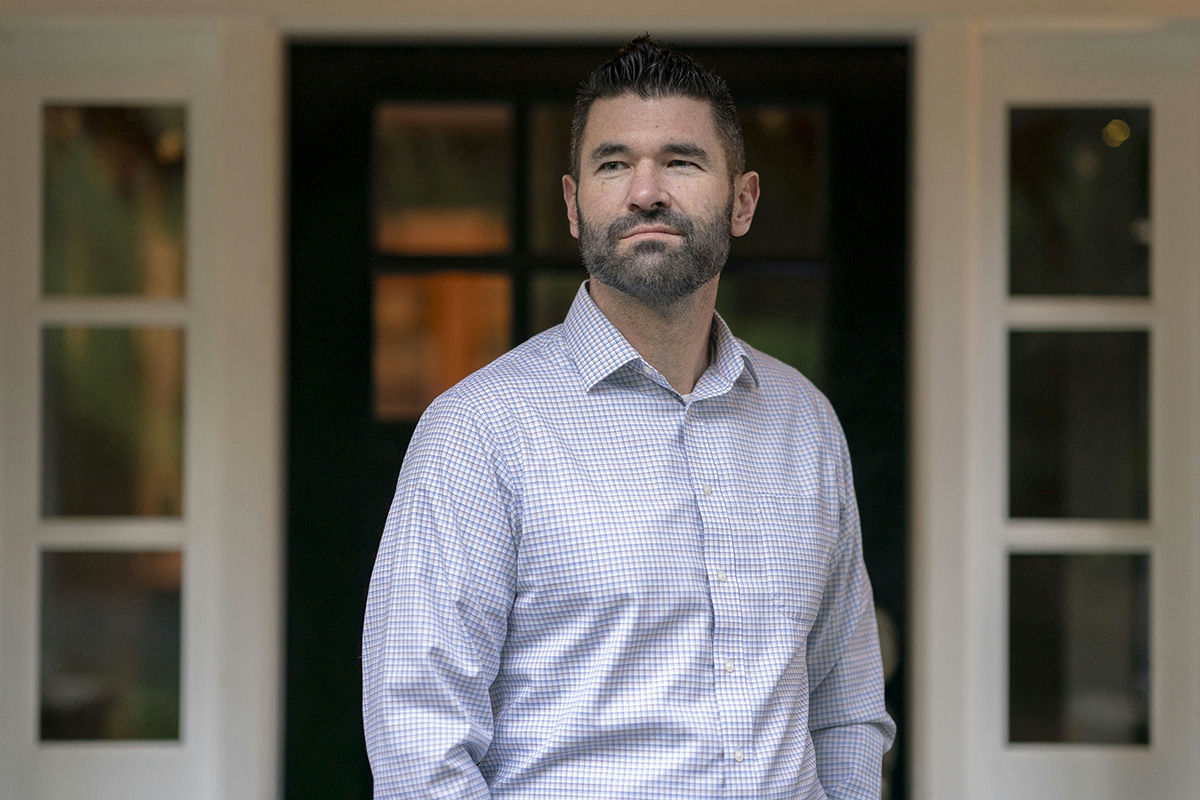FBI director and attorney general warn that Chinese espionage is growing threat
Washington —The two chief law enforcement officers in the U.S. warned against the growing threat of Chinese espionage to American national security. Attorney General William Barr and FBI Director Christopher Wray described a "diverse and multilayered threat" posed by the Chinese government. Speaking separately at a conference Thursday morning, each explained how China's "Made in China 2025" goal puts the country at risk with state-sponsored espionage efforts across U.S. industry.
Barr and Wray warned that the communist country is using both lawful and unlawful tactics to achieve its goals.
Wray said there are about 1,000 ongoing investigations into Chinese theft of U.S. technology across all 56 of the bureau's field offices. Barr also hinted that there would be more indictments brought by the Justice Department targeting hacking attempts by the Chinese government.
The two said in some cases Chinese students have been sent to American universities in order to steal intellectual property and trade secrets. In January, prosecutors in Massachusetts indicted three individuals in separate cases for their involvement in aiding Chinese espionage in the U.S., including Harvard University's chemistry department chair, who has been accused of lying about his involvement with a Chinese talent recruitment initiative.
The attorney general, who worked in the private sector for 15 years before his second stint at the Justice Department, drew on his experience as a lawyer for Verizon to sound a warning about the battle the U.S. is waging with China over the next wireless standard, 5G.
"As a dictatorship, China can marshal an all-of-nation approach – the government, private companies, and academia acting together as one," he said.
Barr explained that China is achieving its greatest ambitions through massive state-run companies like telecom giant Huawei, which has dominated the 5G sector.
"Our economic future is at stake," Barr cautioned. "We have to bear in mind that, given the narrow window we face, the risk of losing the 5G struggle with China should vastly outweigh all other considerations."
The U.S. has been encouraging allies to bar Huawei supply networks in their countries, citing data security concerns. Last month, Britain disregarded those warnings and announced that Huawei would be permitted to establish its 5G networks.
Last year the company was charged with 23 counts of wire fraud, money laundering, and stealing trade secrets by the Justice Department. In an interview with CBS News shortly after, Huawei CEO Ren Zhengfei denied his company had ever provided information to the Chinese government.
"For the past 30 years, we have never done that, and the next 30 years to come, we will never do that," Zhengfei said. "It is not possible. Because across our entire organization, we've stressed once and again that we will never do that. If we did have that, with America's advanced technology, they would found that already. So, that proves we do not have it."
The attorney general called on the private sector and America's allies to come up with an alternative to Huawei's expanding wireless infrastructure. Specifically, Barr suggested telecom companies Nokia and Ericsson as potential avenues to strategically counter Huawei's growing influence.
Assistant Attorney General John Demers also pointed out that it's incumbent upon the private sector to take this issue seriously, too, because "at the end of the day we don't do trade, we do law enforcement," he said.
Despite the concerns the U.S. has about Chinese espionage, Wray said it's important to continue to engage with China.
"Confronting this threat effectively, does not mean we shouldn't do business with the Chinese, does not mean we shouldn't host Chinese visitors, does not mean we shouldn't welcome Chinese students or coexist with China on the world stage," Wray said. "But what it does mean is that when China violates our criminal laws and well established international norms, we are not going to tolerate it, much less enable it."





